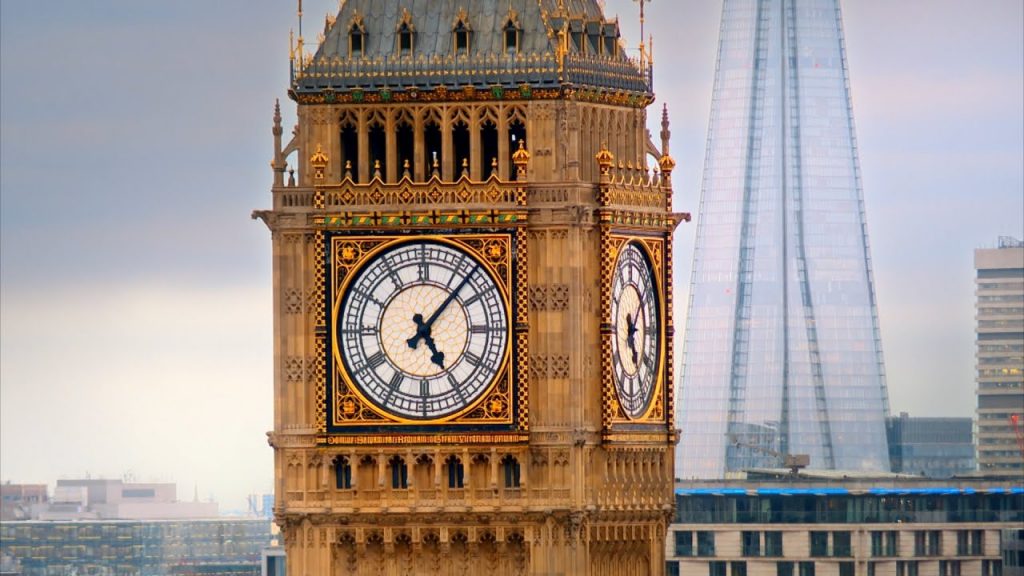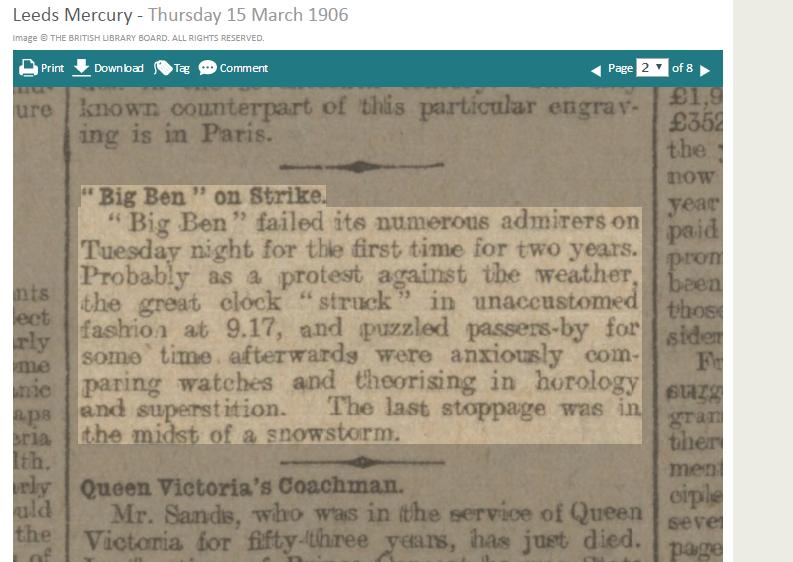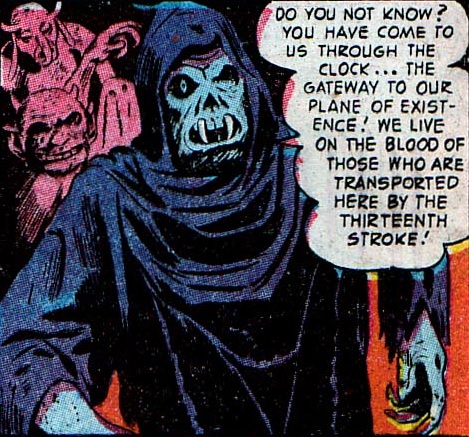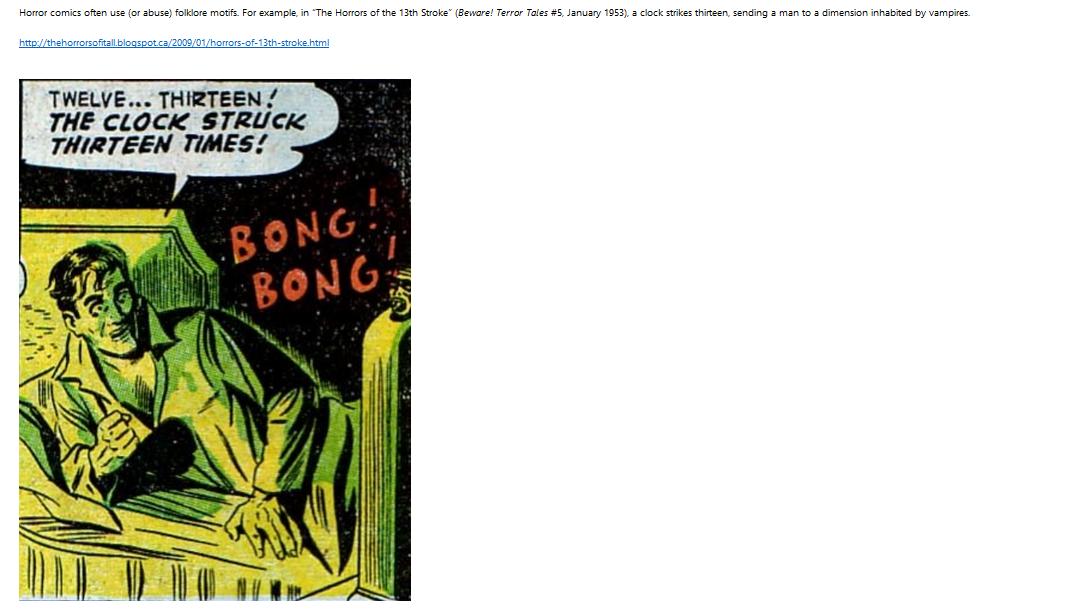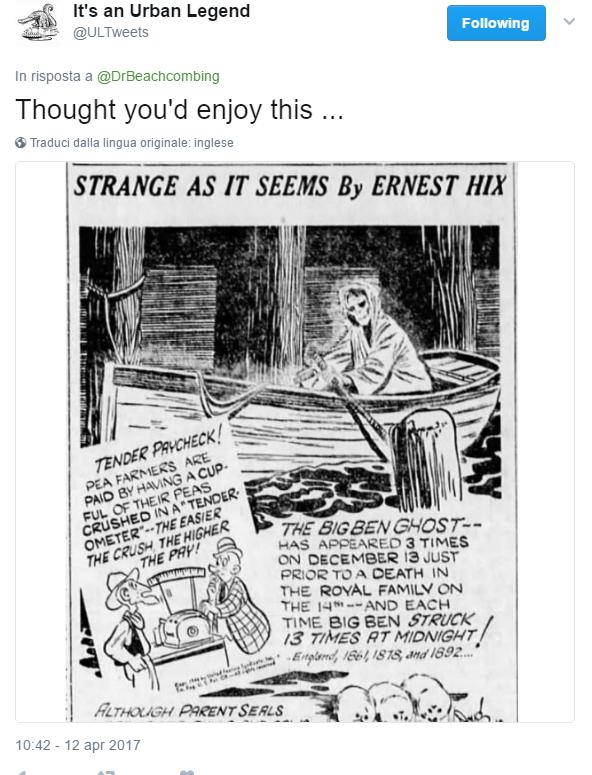Big Ben Superstitions April 10, 2017
Author: Beach Combing | in : Contemporary, Modern , trackbackBig Ben the great bell that rings out from Westminster is a central part of British identity: not least because its chimes have, for many years, sounded on national radio and television programs. It would hardly be surprising then that there are superstitions about Big Ben, but what is surprising is that these seem not to feature in folklore books on London. (Can this be right: drbeachcombing AT yahoo DOT com). Beach’s curiosity was aroused and sure enough a simple search brought up a few references from between the lines of history. He particularly enjoyed the way that the ‘rules’ changed with every news story.
1892: A most curious coincidence with regard to the death of the late Duke of Clarence has come under notice. It is as follows: There is, it seems, a superstition that when Big Ben, the clock of Westminster [sic], strikes irregularly at midnight, evil will befall the Royal House within three months. At twelve o’clock on night of November 14, the members of a political club within a stone’s throw of the Houses of Parliament were astonished to hear the quarter chimes sounding simultaneously with the hour strikes, and to note that Big Ben struck 13 times. The event was commented on and, the day being a critical one in the illness of Prince George, his name was, happily incorrectly, associated with the evil omen. Two months later, to the very day, his elder brother died.
1906: There is a superstition that when Big Ben strikes thirteen at midnight a death may be expected in the Royal Family. It is remembered that the clock certainly struck thirteen midnight within a few days of Queen Victoria’s death.
Earlier the same year, note the reference to superstition.
Big Ben failed its numerous admirers on Tuesday night for first time for two years. Probably as a protest against the weather the great clock struck in an unaccustomed fashion at 9.17, and puzzled passers-by for some time afterwards were anxiously comparing watches and theorising in horology and superstition. The last stoppage was in the midst of a snowstorm.
1926: When Big Ben fails, without just reason, an event of the utmost importance is about to happen. Certainly, all the experts who tried to find the cause of Big Ben’s peculiar conduct failed and described the incident as being due to outside interference. The happy event to the Duke and Duchess occurred a few hours later. So that despite the lack of logic in the contention, citizens of Westminster are convinced that great historical events are bound up with the future of the Royal baby. Many of them declare that they can trace all big events in Royal history to the idiosyncrasies of the giant clock.
This blogger normally cannot stand omens, but he is a little humbled by the fact that the baby in question was named Elizabeth and would later become one of Britain’s longest ruling monarchs. It was far from clear at the time that she would inherit the throne.
It is tempting to connect these traditions to a Nazi broadcast from Britain’s finest hour, or perhaps finest month: August 1940. Londoners allegedly thrown into panic by the fact that Big Ben had struck thirteen!
A second legend, or better an urban legend even, is associated with Big Ben striking thirteen: this story may even turn up in the folklore motif indexes associated with other clocks and bells. Beach is almost sure that he has run across it before. Our earliest account from 1903, but in such a way that suggests the story was being enthusiastically told in the later nineteenth century. Great to have a judge as a source for an urban legend.
The suggestion for the defence reminded [the judge] of a story of his younger days, to the effect that a sentry charged with being asleep while on duty, when before the court-martial urged that he could not have been asleep because he heard Big Ben strike thirteen. Inquiries revealed that the clock had actually struck thirteen at the times and the sentry was accordingly acquitted.
This one is from 1907.
Big Ben is the big clock in the Houses of Parliament, and once it was the means of saving man’s life. A sentry on night duty was had up for sleeping at his post, and the punishment, for this was death. The soldier declared his innocence over and over again, but was not believed. At last he told the judges that the night was supposed to be asleep Big Ben struck thirteen strokes instead of twelve after midnight. The judges simply laughed at this and sentenced the man to die, but whilst he was in prison awaiting execution a number of people came forward and said that it was quite true, for they too had heard the clock strike thirteen that particular night, and so the soldier was given his liberty. I can sometimes hear Big Ben strike. But only at night when it is still and the wind blows in my direction, but I have never heard it strike thirteen.
Here is a 1948 version from the journalistic equivalent of a friend of a friend: a letter writer who wishes to remain anonymous.
After the story, told last Friday, of the clock which for nearly two centuries has struck 13 at one o’clock, there has now reached me an even stranger tale. It comes from retired officer of the Grenadier Guards, a Yorkshireman who prefers anonymity. A sentry on the North Terrace of Windsor Castle, found asleep on his post when being relieved at midnight, was duly charged by the sergeant conducting the reliefs. The sentry stated that he could not have been asleep at midnight, as he had distinctly heard Big Ben In London, some 20 miles away, strike 13. In parenthesis, my correspondent assures me that it is quite possible to hear Big Ben at Windsor on a clear, still night. He has often heard it himself. The sergeant, unabashed, added a charge against the sentry of being drunk on his post, contending that if he had been sober could not have heard Big Ben strike 13. The Commanding Officer, however, warily remanded the case for further inquiries in London, and it was subsequently ascertained that, for some reason Big Ben had in fact struck 13 at midnight the night In question. The sentry was acquitted, but the sergeant, unhappy zealot, was counter-charged with being late relieving his sentries, and lost a stripe.
Interestingly two late twentieth century stories echo these. In the James Bond film Thunderball (1965), a terrorist organisation demands that the British government shows its acceptance of terms by making Big Ben chime seven times at six. Meanwhile in 1967 in an episode of Captain Scarlet and the Mysterons entitled ‘Big Ben Strikes Again’ the plot revolves around the crucial clue that Big Ben struck thirteen not twelve times… Sound familiar?
Brian Ch, 29 Apr 2017 sends in these three images. Thanks Brian!
29 Apr 2017: It’s An Urban Legend (a twitter account that Beach has come to appreciate) tweeted the following.
The image in 3/3 is this beauty by Véronique Joffre. Beach is a fan.
Here is another ItsAnUrbanLegend contribution

